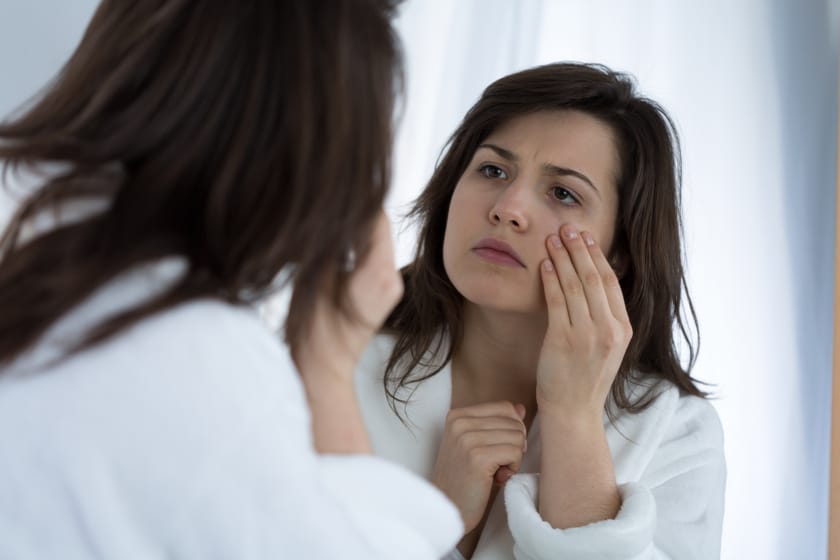18 Signs You Are Not Getting Enough Protein: A Guide to Recognizing Protein Deficiency
Protein is an essential macronutrient that plays a critical role in nearly every function of the body, from building and repairing tissues to making enzymes and hormones. If you’re not getting enough protein, your body may show you some signs. Here’s a list of 18 indicators that you might be protein-deficient:
1. Constant Fatigue
Protein is necessary for energy production. A lack of it can lead to persistent tiredness.
2. Slow Muscle Recovery
Protein is vital for muscle repair and growth. Without adequate protein, muscle recovery after exercise can be slow.
3. Frequent Illnesses
A protein-rich diet can boost the immune system. A deficiency might make you more susceptible to infections.
4. Thin or Brittle Hair and Nails
Protein is a building block for hair and nails. A deficiency can lead to hair thinning and brittle nails.
5. Decreased Appetite
Sometimes, a lack of protein can actually decrease your appetite, leading to a vicious cycle of inadequate intake.
6. Weak Immune System
Protein is crucial for the production of antibodies. A deficiency can weaken your immune response.
7. Poor Wound Healing
Protein is necessary for collagen production, which is essential for wound healing.
8. Low Energy Levels
Protein helps regulate blood sugar levels, which can affect your energy levels throughout the day.
9. Muscle Weakness
Protein deficiency can lead to muscle wasting and weakness, affecting your physical performance.
10. Decreased Metabolism
A lack of protein can slow down your metabolism, making it harder to maintain a healthy weight.
11. Frequent Cravings
Protein helps to keep you feeling full. Without it, you may experience frequent hunger pangs and cravings.
12. Mood Swings
Protein plays a role in the production of neurotransmitters that regulate mood. A deficiency can lead to mood swings and irritability.
13. Slow Cognitive Function
Protein is necessary for the production of neurotransmitters that affect cognitive function, including memory and focus.
14. Dry Skin
Protein helps maintain skin elasticity. A deficiency can lead to dry, flaky skin.
15. Swelling or Edema
Protein helps regulate fluid balance in the body. A lack of it can cause fluid retention and swelling.
16. Reduced Physical Performance
A lack of protein can lead to reduced strength and endurance during physical activities.
17. Anemia
Protein is necessary for the production of hemoglobin, which carries oxygen in the blood. A deficiency can lead to anemia.
18. Frequent Injuries
Weakened muscles and tissues due to protein deficiency can make you more prone to injuries.
How to Increase Your Protein Intake
If you suspect you’re not getting enough protein, consider the following steps:
- Eat a variety of protein sources: Include lean meats, poultry, fish, eggs, dairy products, legumes, nuts, and seeds in your diet.
- Combine plant-based proteins: Some plant-based proteins are incomplete, but you can combine them to get all essential amino acids.
- Consider protein supplements: If you’re unable to meet your protein needs through diet alone, consider supplements like whey or plant-based protein powders.
- Monitor portion sizes: Make sure you’re eating enough protein-rich foods at each meal.
- Plan your meals: Plan your meals in advance to ensure you’re getting a good balance of protein, carbohydrates, and fats.
Conclusion
Recognizing the signs of protein deficiency is the first step towards addressing the issue. By incorporating a variety of protein-rich foods into your diet and being mindful of your protein intake, you can support your body’s many functions and maintain optimal health. If you’re concerned about your protein intake, it’s always a good idea to consult with a healthcare professional or a registered dietitian for personalized advice.

